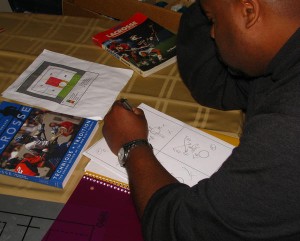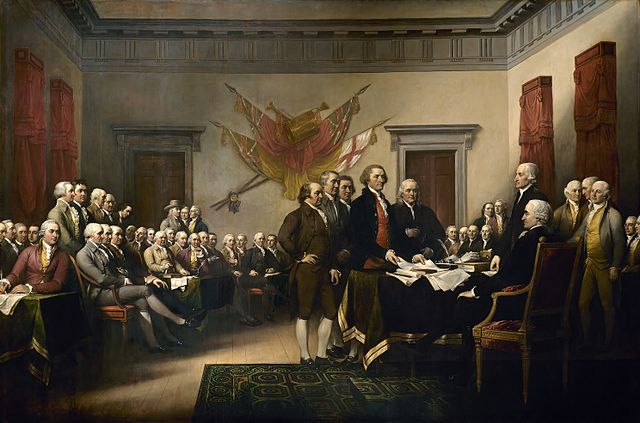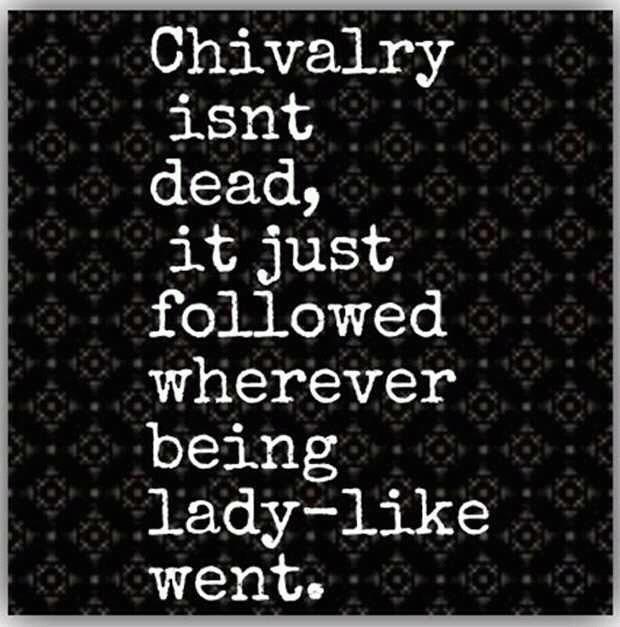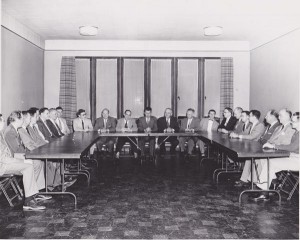 OK, the title is a little morbid. But stick with me for a minute or two. Because I have used this approach many times with clients when I was more actively involved in consulting. This particular approach that I recommend that you try attempts to take a look at what exactly happened during an “event” so that all of the stakeholders can understand it clearly. Not all will see it the same way. But, with enough individual views, a collective view will emerge.
OK, the title is a little morbid. But stick with me for a minute or two. Because I have used this approach many times with clients when I was more actively involved in consulting. This particular approach that I recommend that you try attempts to take a look at what exactly happened during an “event” so that all of the stakeholders can understand it clearly. Not all will see it the same way. But, with enough individual views, a collective view will emerge.
This approach can be particularly helpful when there is already an acknowledgement that there are a number of issues that need to change. This approach requires a high degree of trust among the team because it can naturally focuses on the negative of what took place. It is very similar to the critiques we used to receive in the theater at the end of a performance or a rehearsal. The best critiques included all of the components below:
Click here to read the rest of the article »










